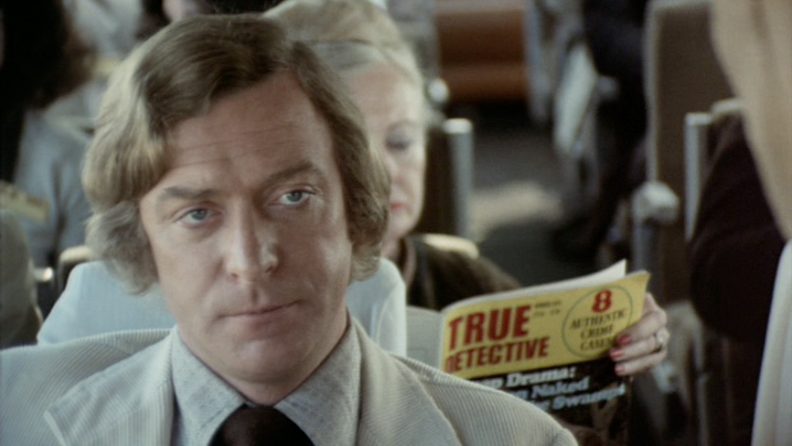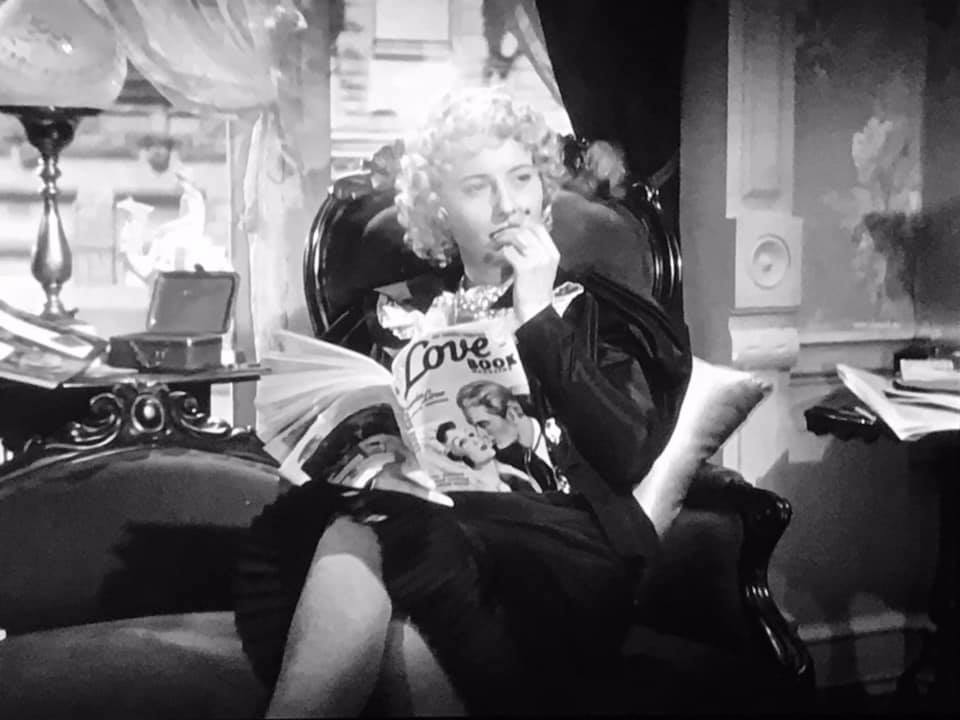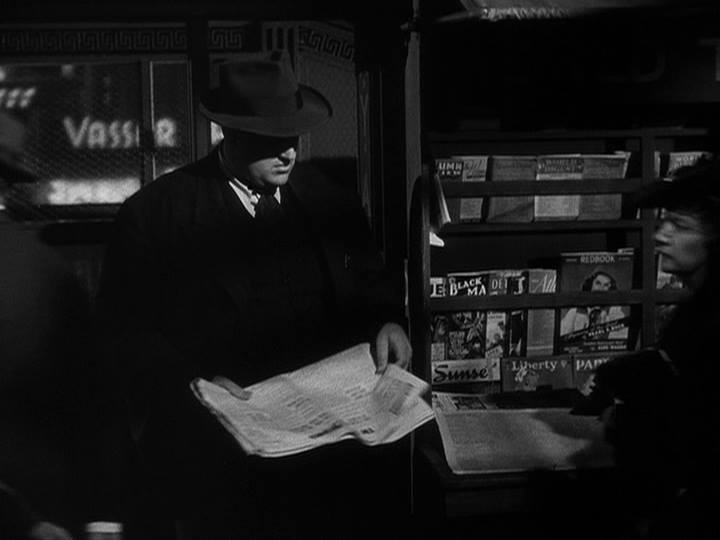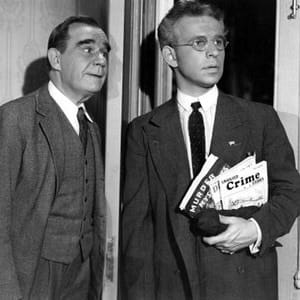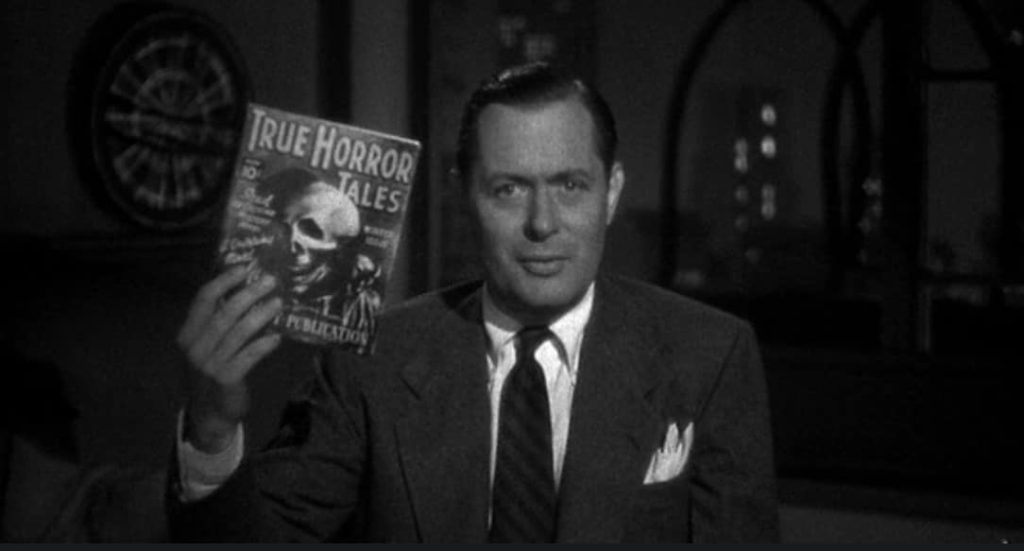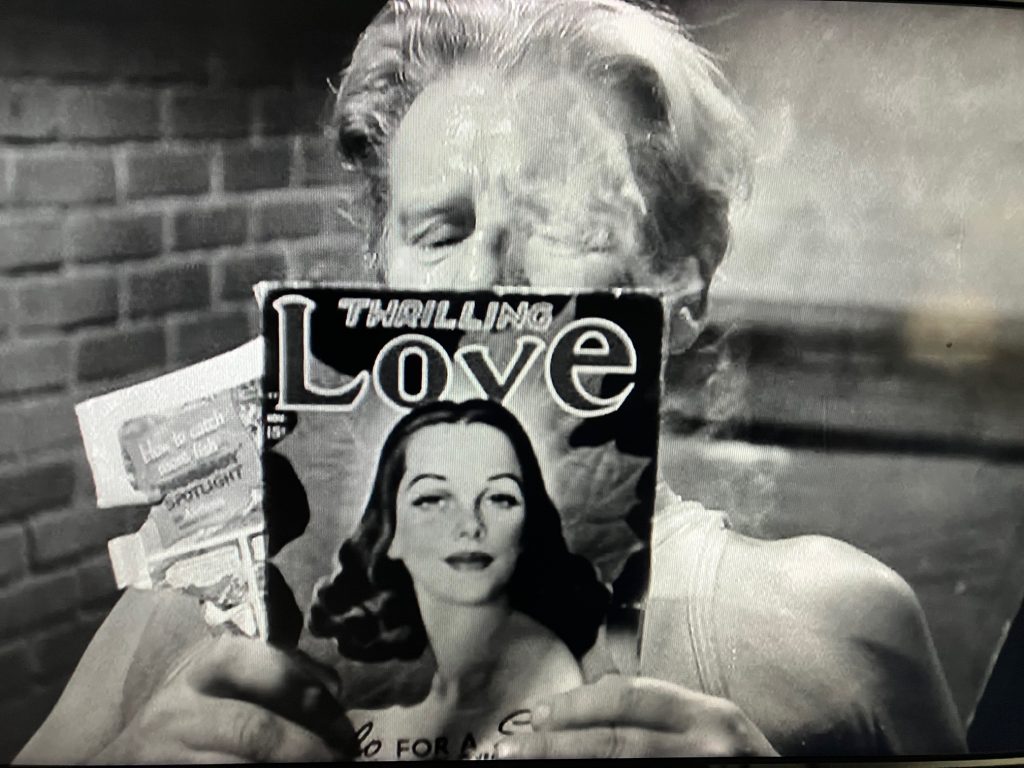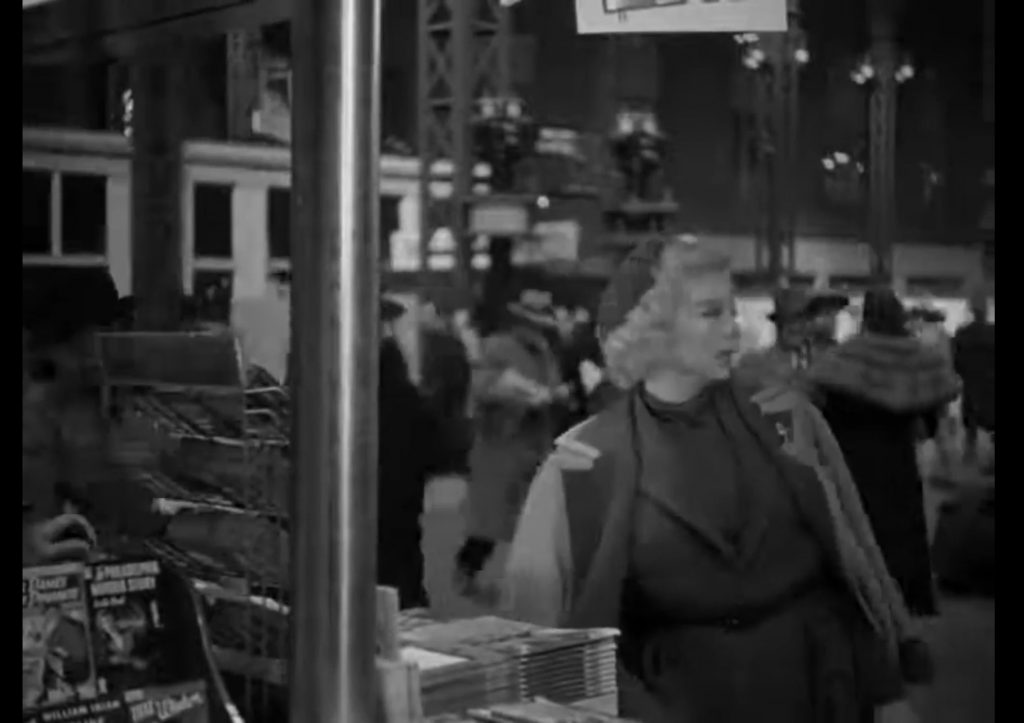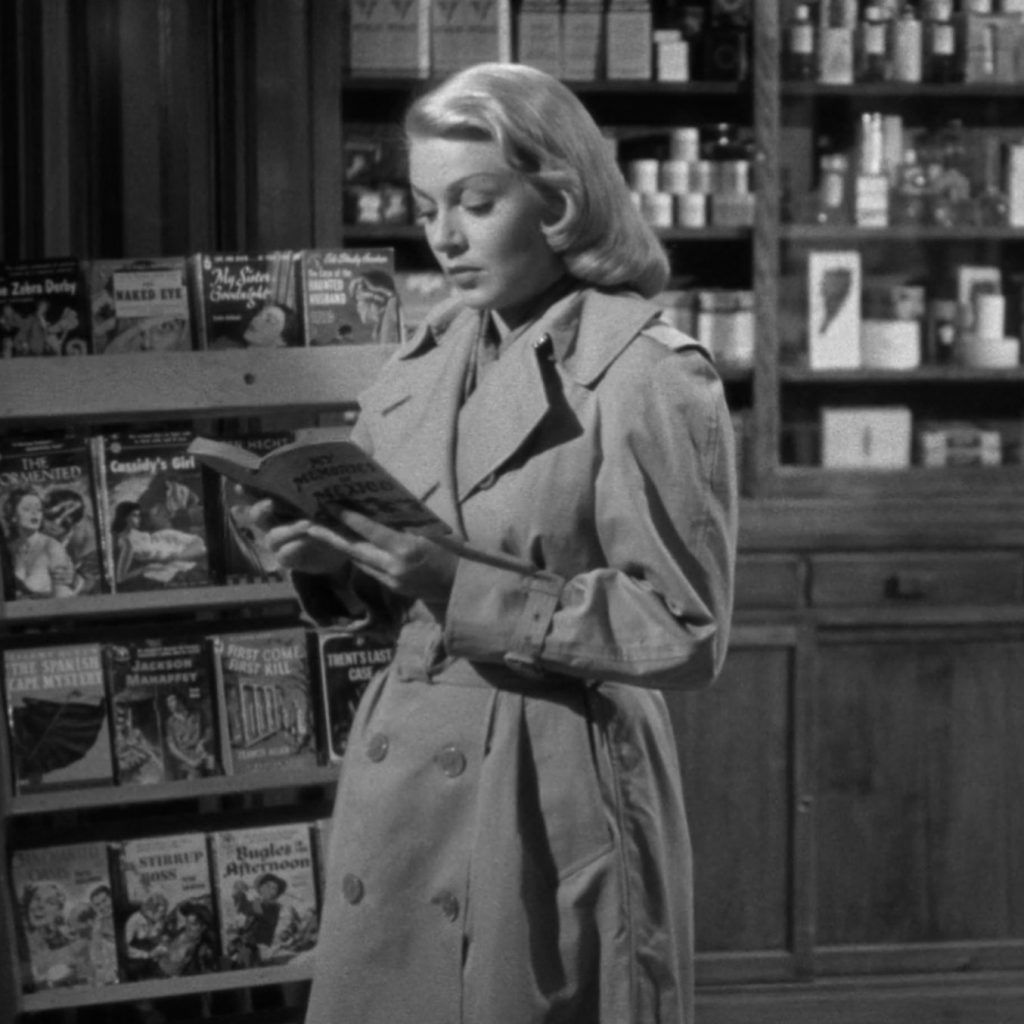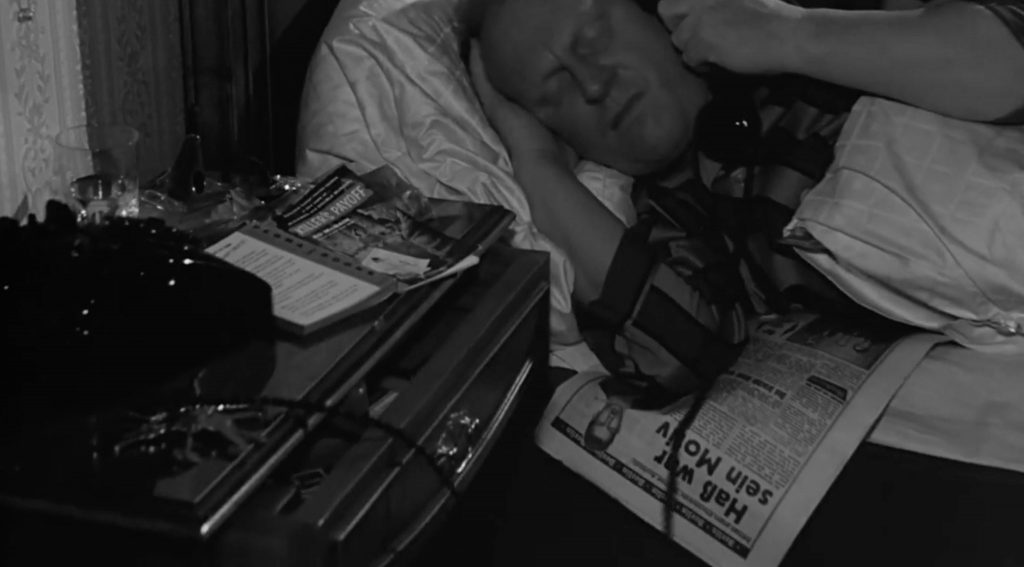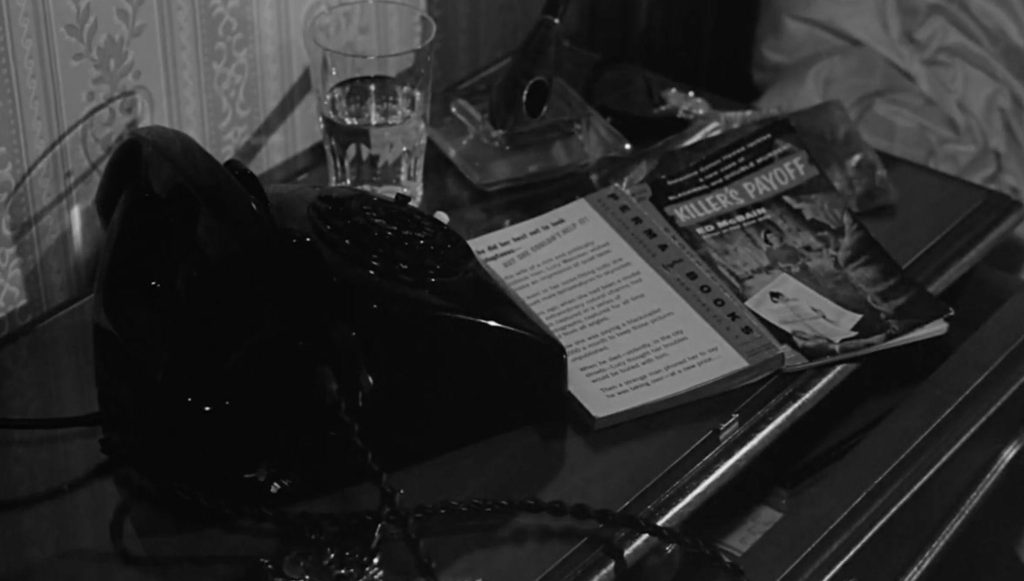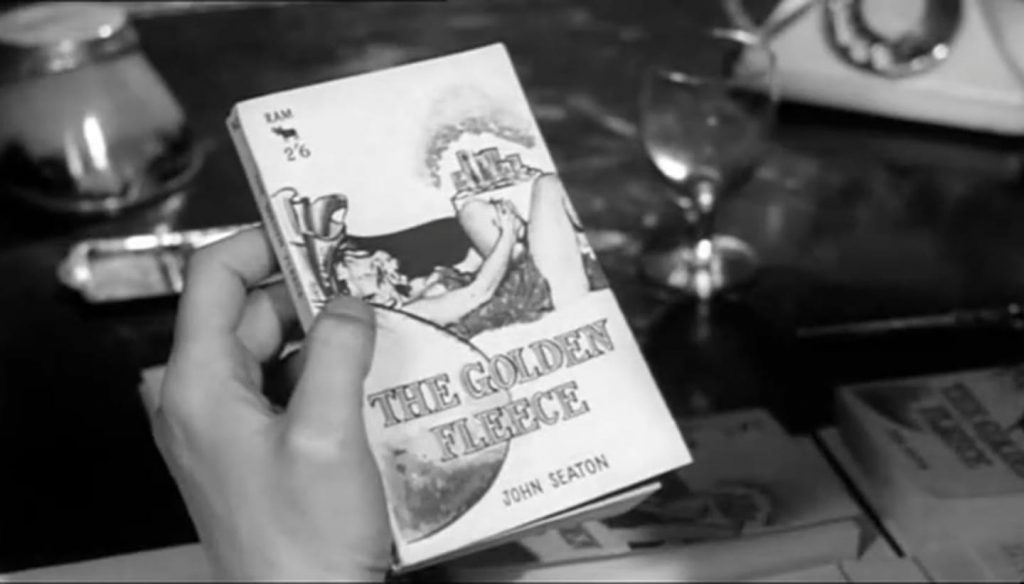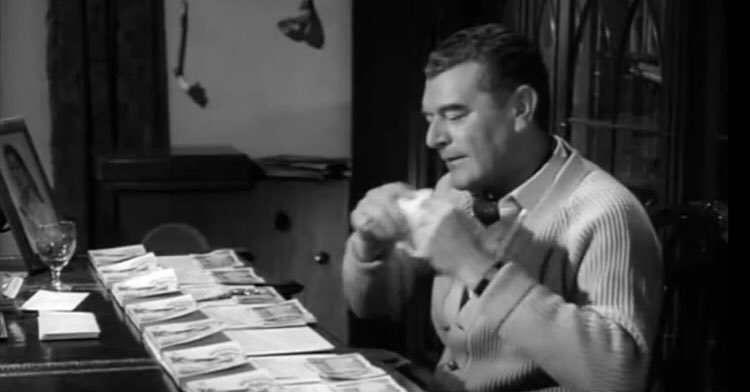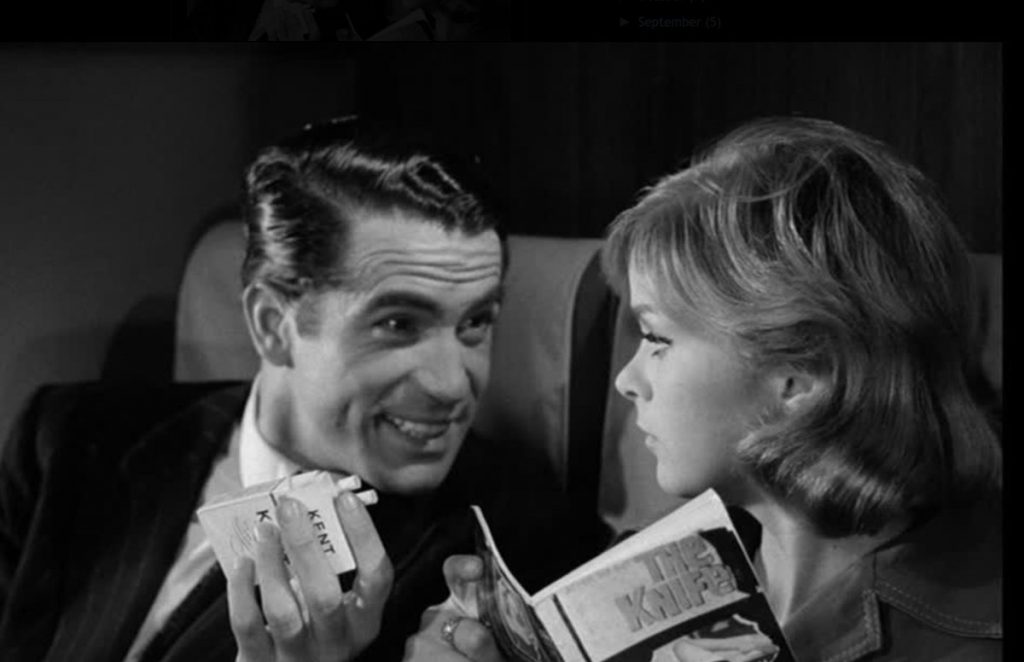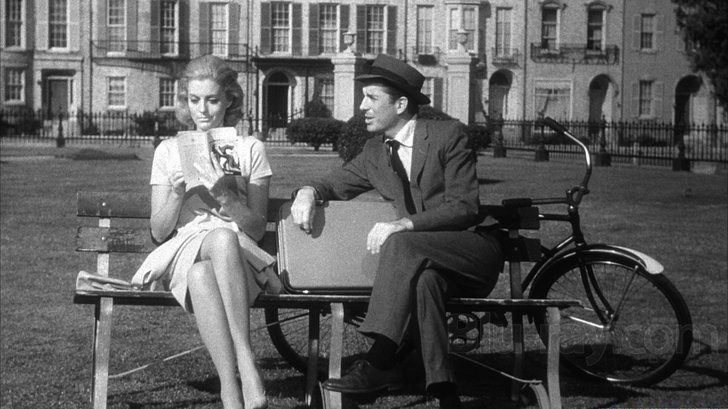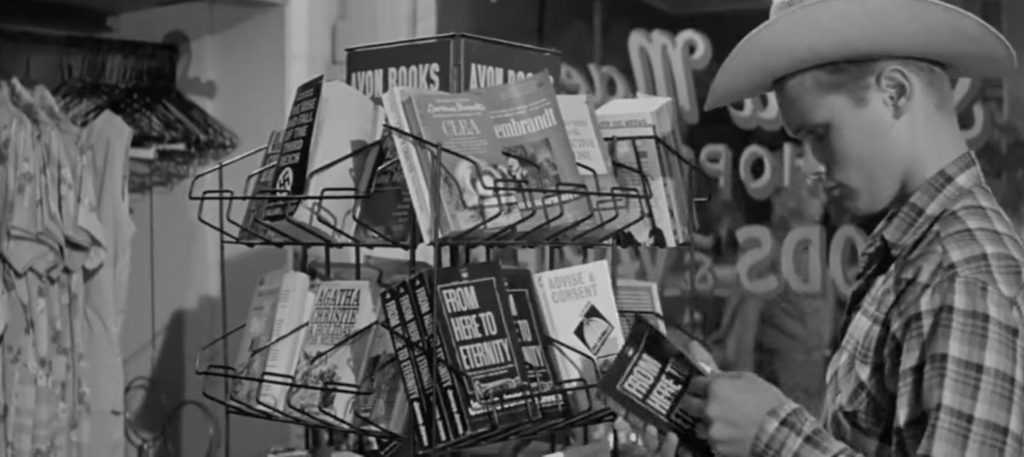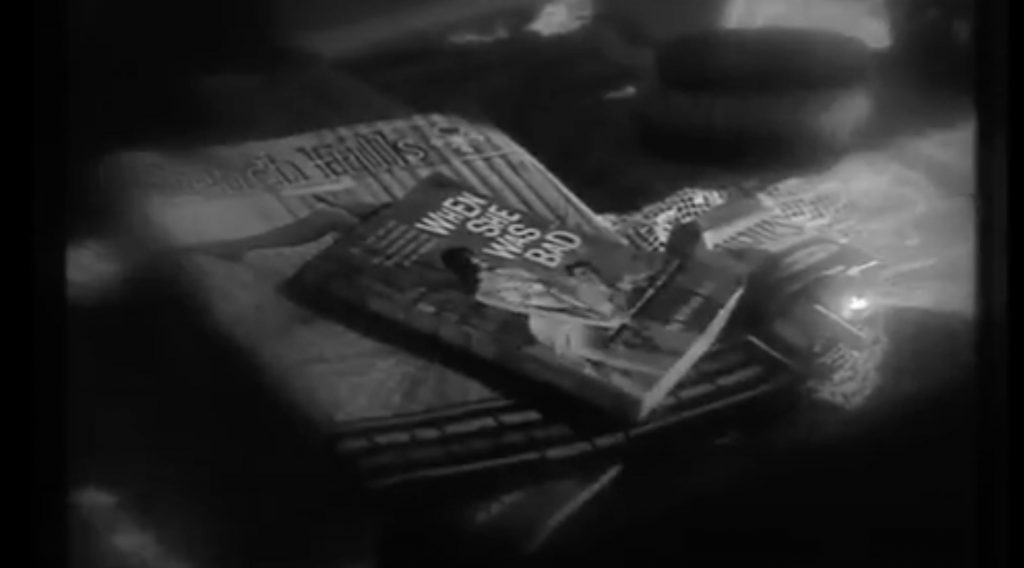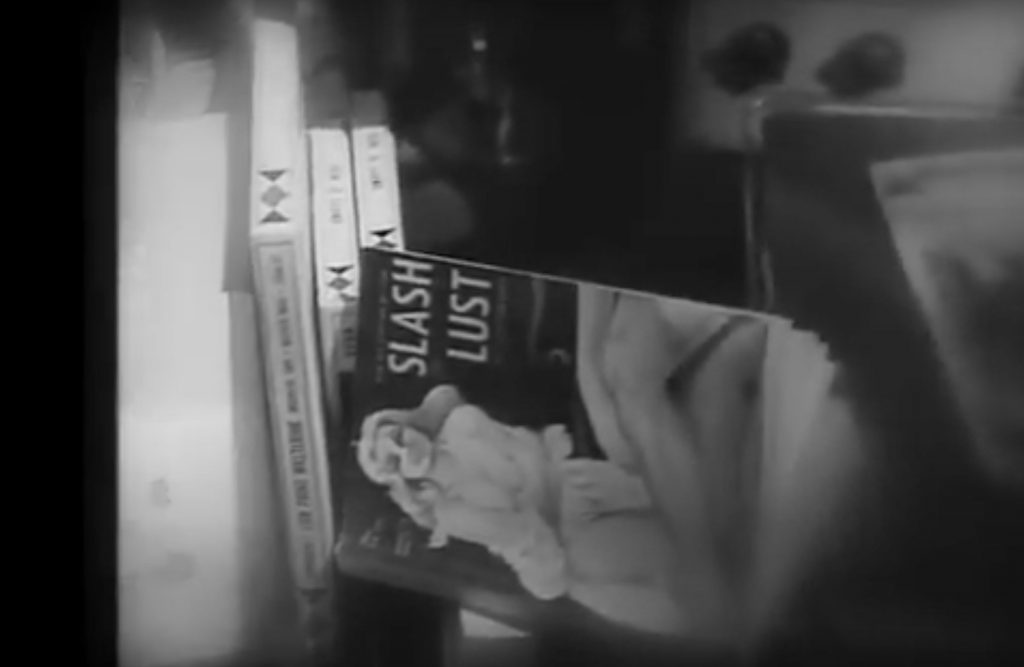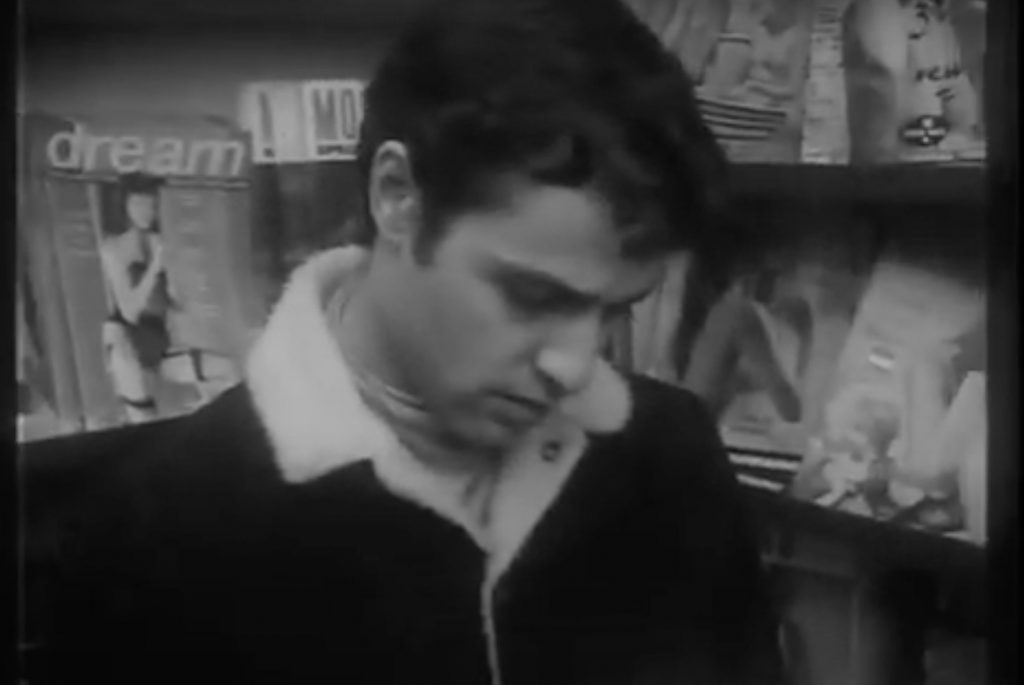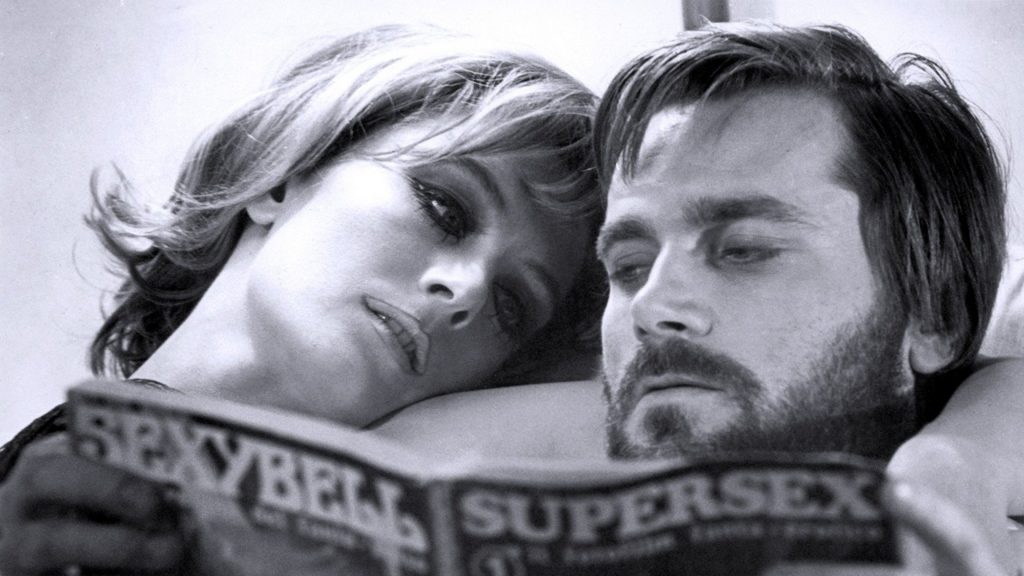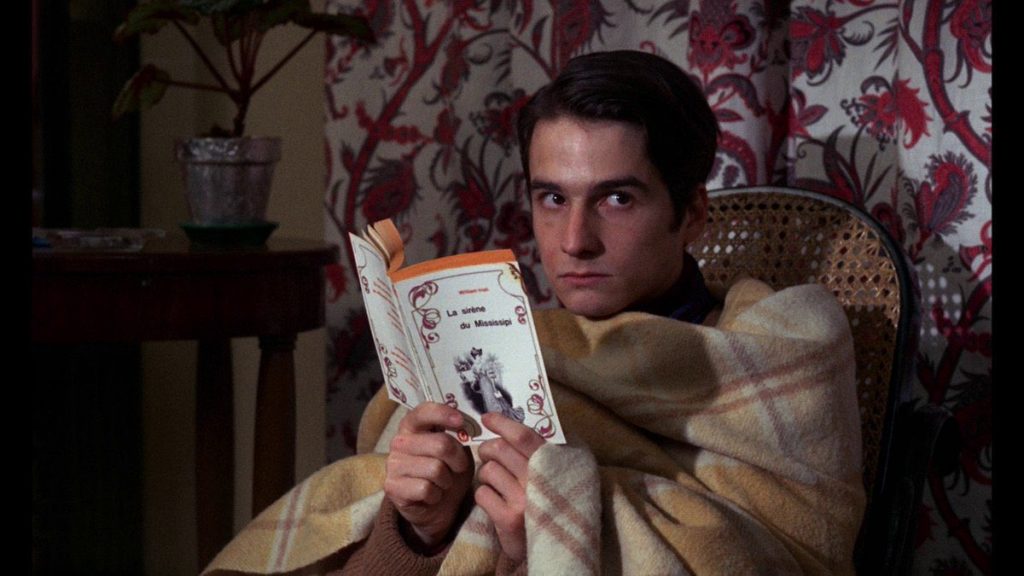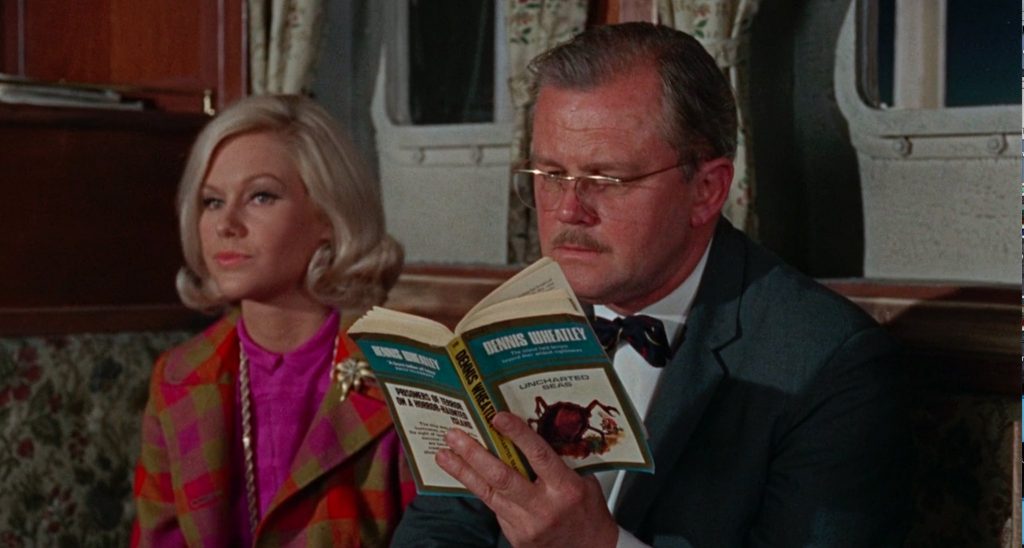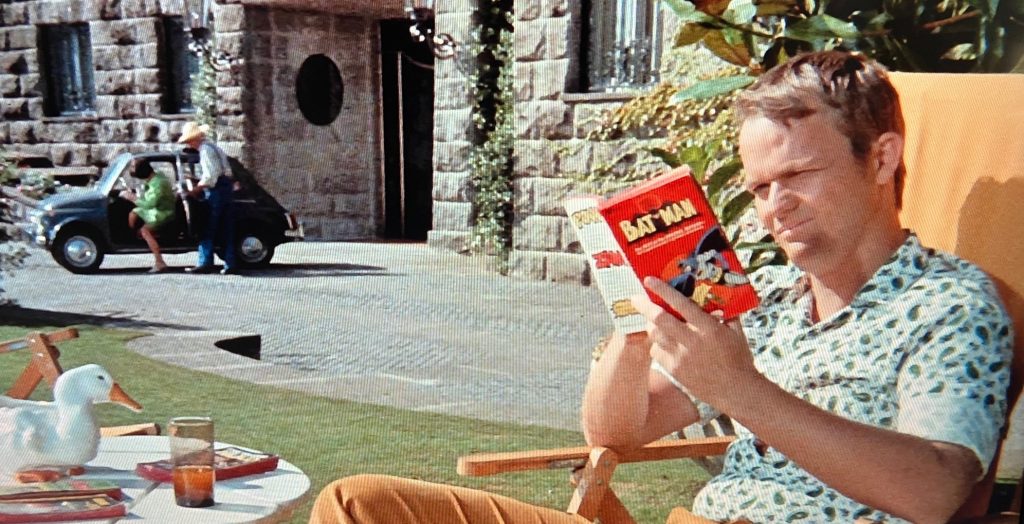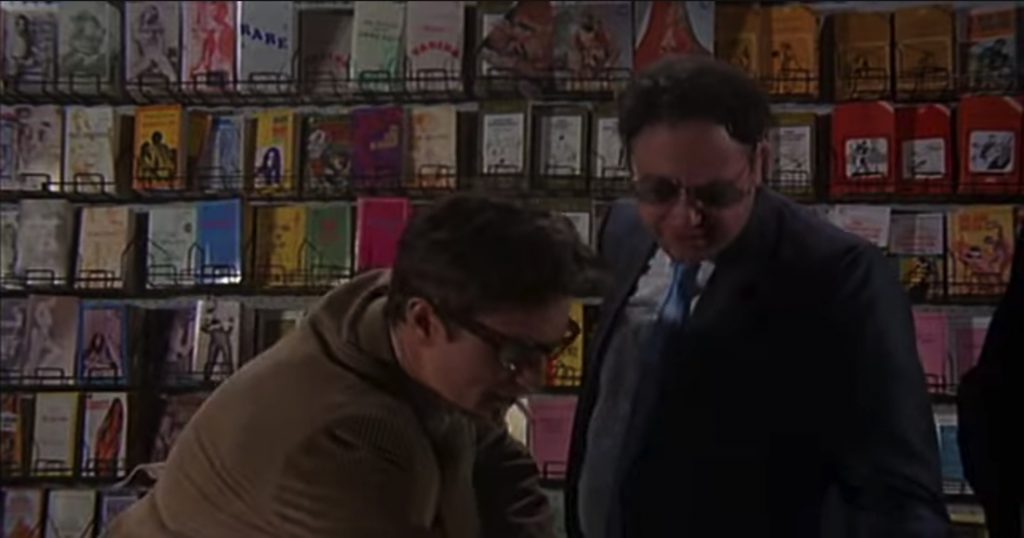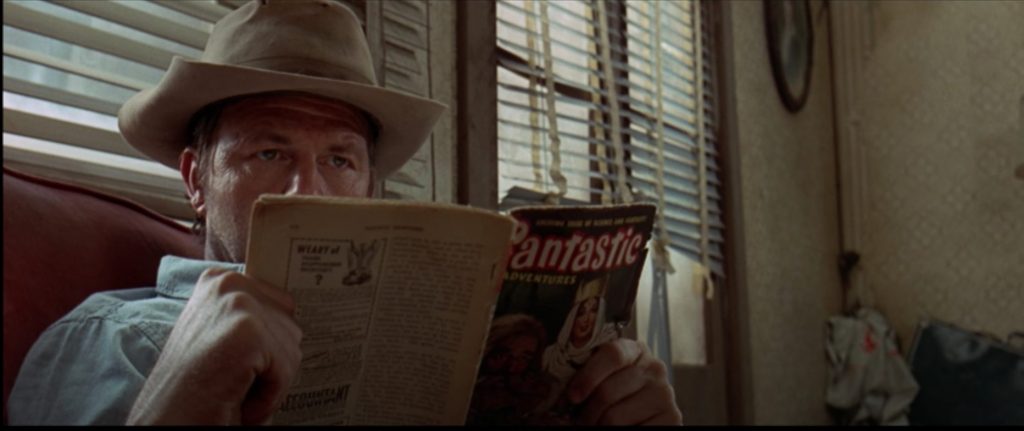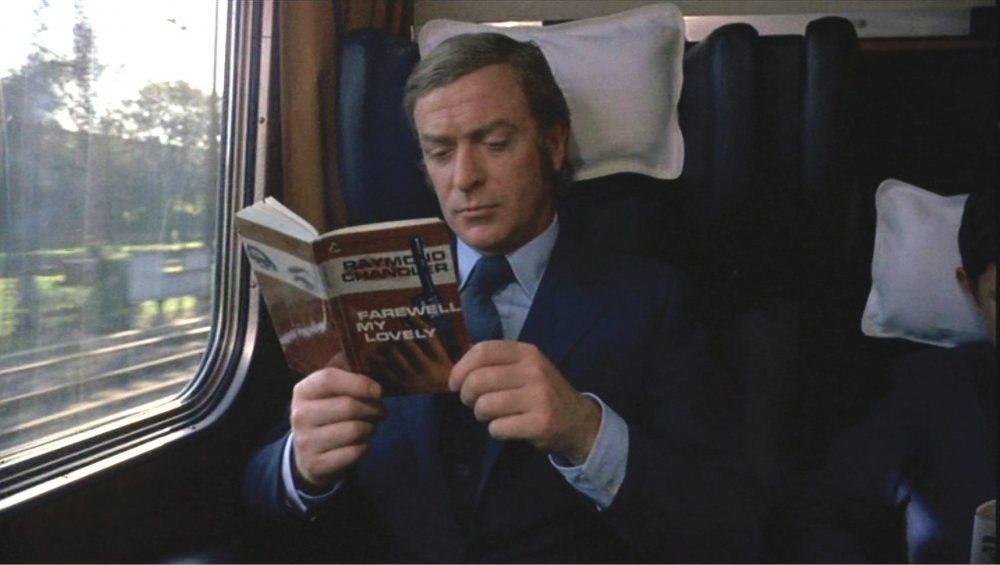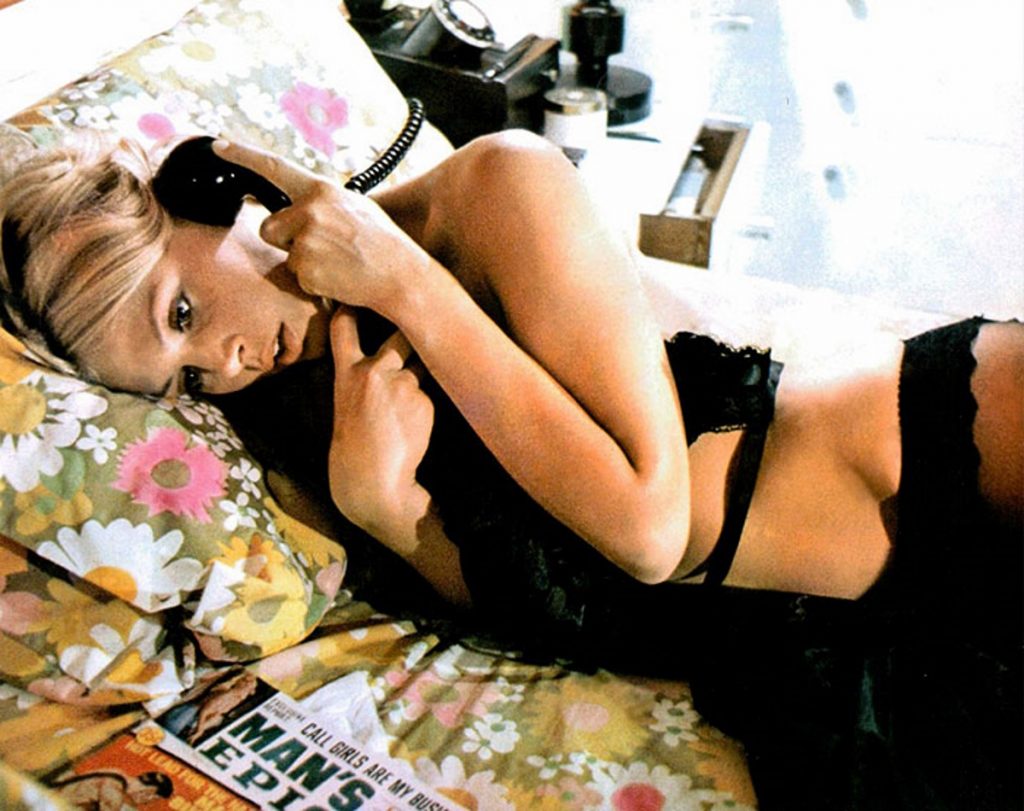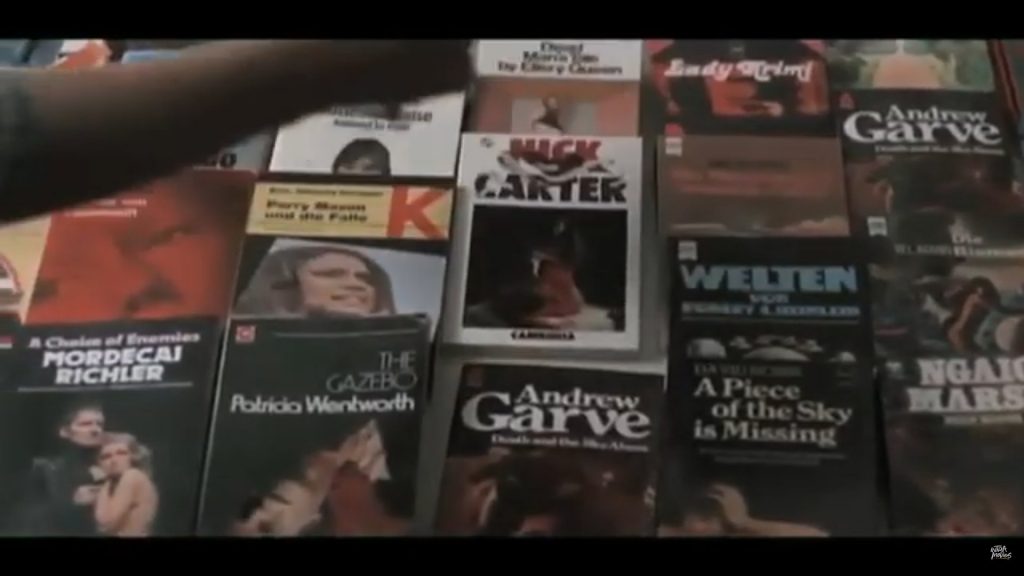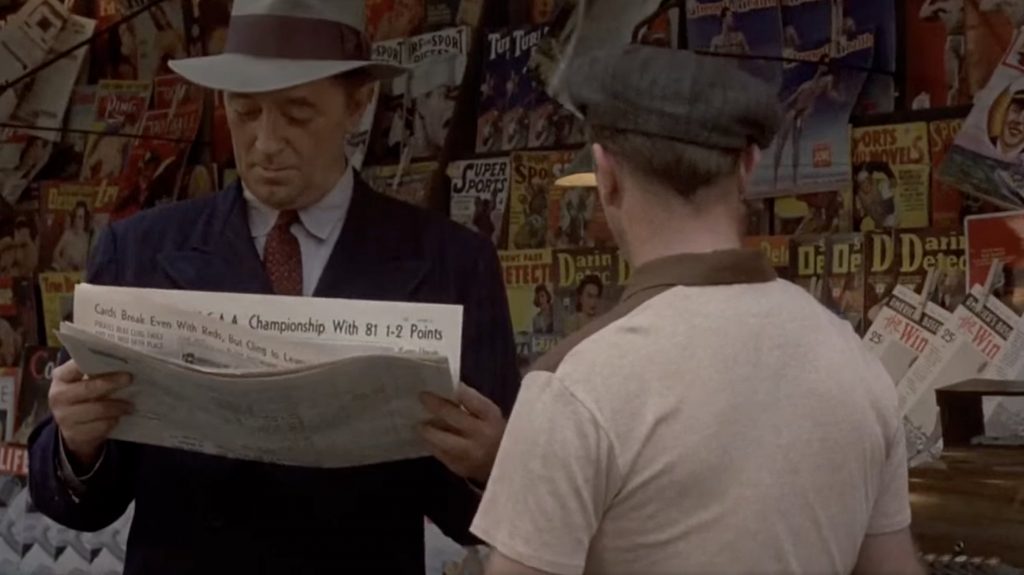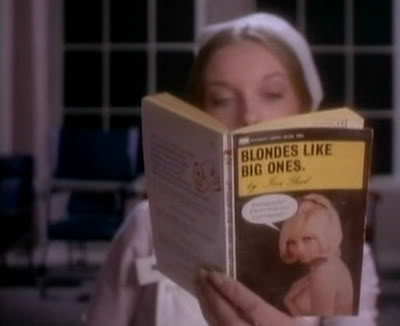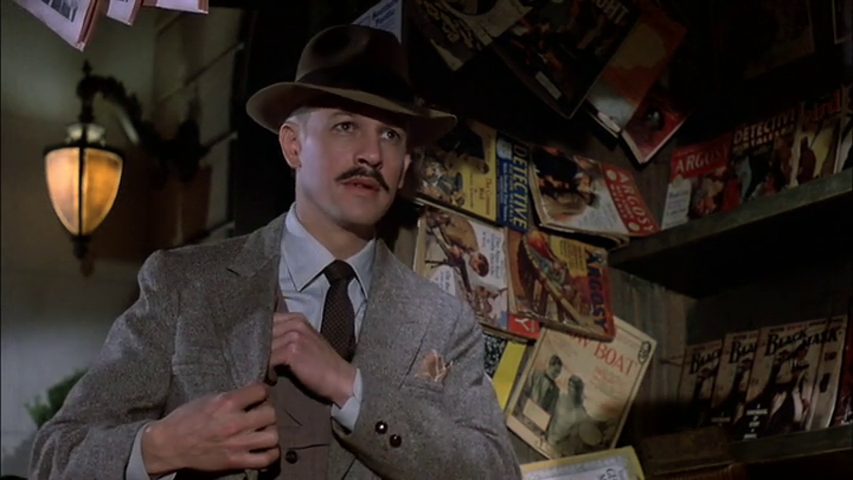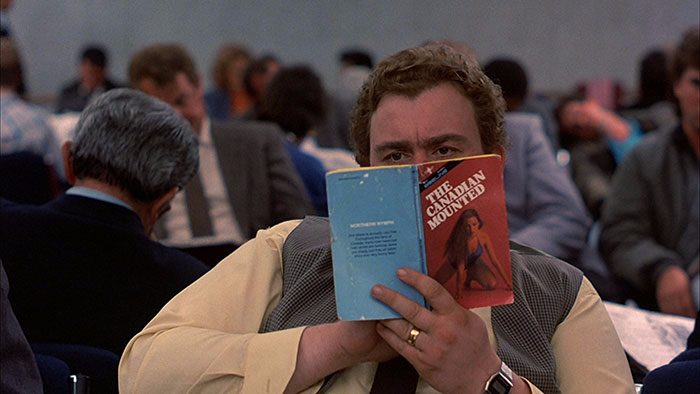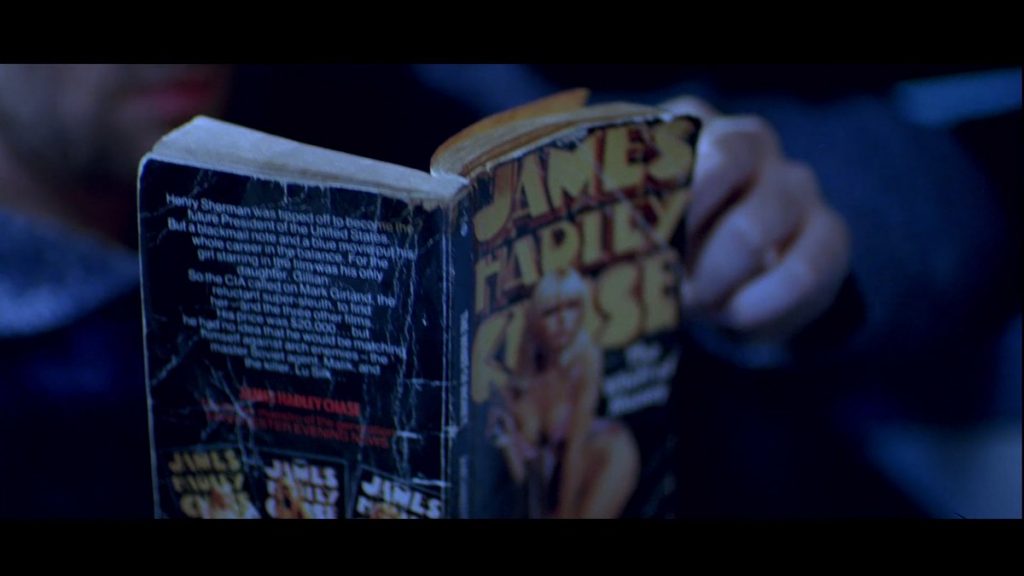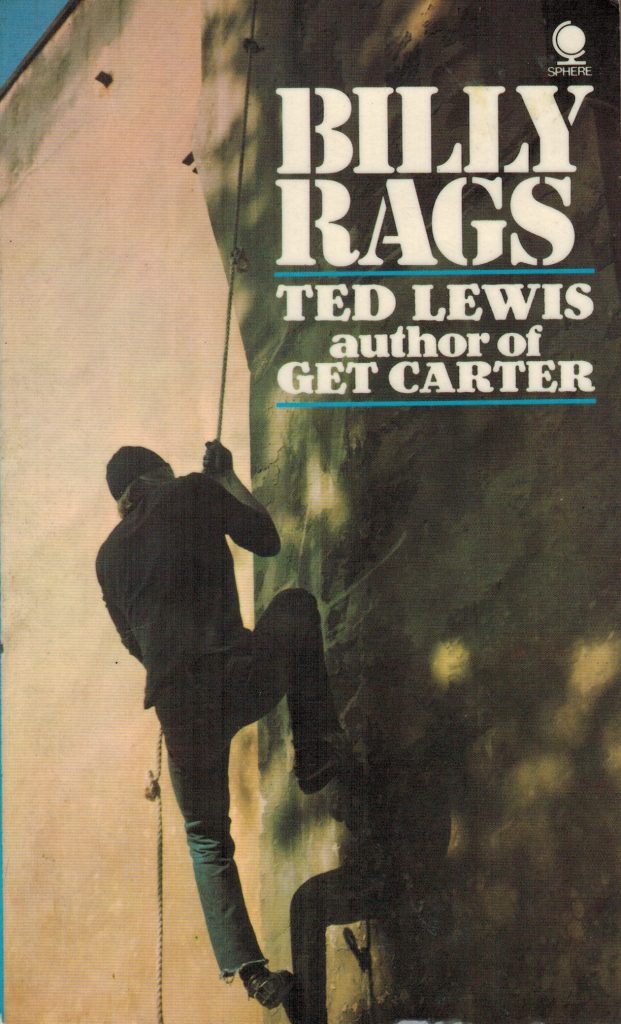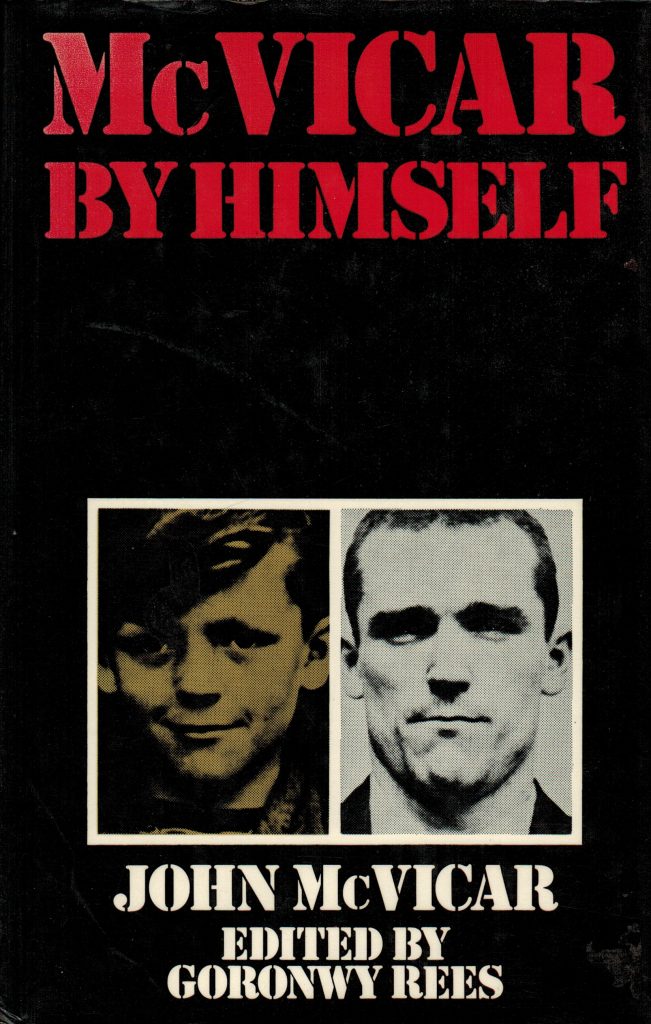Search
-
Recent Posts
- Dishing up Pulp Curry in a new way: why I am starting a Substack newsletter
- Book reviews: Deadly dames, midcentury Brit pulp and 1970s science fiction
- Mackenna’s Gold (1969): Gold, Ghosts and Frontier Violence
- Orphan Road book launch
- Orphan Road now available
- Pre-orders open for my new novel, Orphan Road
- Cover reveal: Orphan Road, my follow up to Gunshine State
- Breakfast in the Ruins podcast: New English Library Bikermania
- Why 1973 was the year Sidney Lumet took on police corruption
- Men’s Adventure Quarterly: Gang Girls issue
Categories
- 1960s American crime films
- 1970s American crime films
- 1980s American crime films
- 1990s American crime films
- Adrian McKinty
- Albert Dekker
- Andre De Toth
- Angela Savage
- Angie Dickinson
- Anthony Zerbe
- Asian noir
- Australian crime fiction
- Australian crime film
- Australian noir
- Australian popular culture
- Australian pulp fiction
- Australian television history
- Ava Gardner
- Beat culture
- Belmont Tower Books
- Ben Wheatley
- Billie Whitelaw
- Black pulp fiction
- Blaxsploitation
- Book cover design
- Book Reviews
- British crime cinema
- British pulp fiction
- Bryan Brown
- Burt Lancaster
- Carter Brown
- Charles Durning
- Charles Willeford
- Chester Himes
- Christopher G Moore
- Christopher Lee
- Cinema culture
- Claude Atkins
- Coronet Books
- Crawford Productions
- Crime Factory
- Crime Factory Publications
- Crime fiction
- Crime fiction and film from Africa
- Crime fiction and film from Cambodia
- Crime fiction and film from China
- Crime fiction and film from India
- Crime fiction and film from Indonesia
- Crime fiction and film from Japan
- Crime fiction and film from Laos
- Crime fiction and film from Latin and Central America
- Crime fiction and film from Malaysia
- Crime fiction and film from New Zealand
- Crime fiction and film from Scandinavia
- Crime fiction and film from Singapore
- Crime fiction and film from South Korea
- Crime fiction and film from Thailand
- Crime fiction and film from the Philippines
- Crime Fiction and film set in Vietnam
- Crime film
- Dangerous Visions and New Worlds Radical Science Fiction 1950 to 1985
- David Goodis
- David Peace
- David Whish-Wilson
- Derek Raymond
- Diana Dors
- Dirk Bogarde
- Don Siegel
- Don Winslow
- Donald Westlake aka Richard Stark
- Dystopian cinema
- Ernest Borgnine
- Eurocrime
- Fawcett Gold Medal Books
- Femme fatale
- Fernando Di Leo
- Filipino genre films
- Film Noir
- Forgotten Melbourne
- French cinema
- French crime fiction
- Garry Disher
- Gene Hackman
- George V Higgins
- Georges Simenon
- Ghost Money
- Giallo cinema
- Gil Brewer
- Girl Gangs, Biker Boys and Real Cool Cats: Pulp Fiction & Youth Culture, 1950-1980
- Gloria Grahame
- Gold Star Publications
- Gregory Peck
- Gunshine State
- Heist films
- Horror
- Horwitz Publications
- Humphrey Bogart
- Ian Fleming
- Interviews
- Ira Levin
- James Caan
- James Crumley
- James Ellroy
- James Hadley Chase
- James Woods
- Jim Brown
- Jim Thompson
- Joel Edgerton
- John Frankenheimer
- Joseph Losey
- Karen Black
- Kerry Greenwood
- Kinji Fukasaku
- Larry Kent
- Laura Elizabeth Woolett
- Lee Marvin
- Leigh Redhead
- Lindy Cameron
- M Emmet Walsh
- Mad Max
- Mafia
- Malla Nunn
- Martin Limon
- Megan Abbott
- Melbourne International Film Festival
- Melbourne Writers Festival
- Men's Adventure Magazines
- Michael Caine
- Michael Fassbender
- Mickey Spillane
- Monarch Books
- Ned Kelly Awards
- Neo Noir
- New English Library
- Newton Thornburg
- Noir Con
- Noir fiction
- Non-crime reviews
- Oren Moverman
- Orphan Road
- Ozsploitation
- Pan Books
- Parker
- Paul Newman
- Peter Boyle
- Peter Corris
- Peter Strickland
- Peter Yates
- Poliziotteschi
- Pulp fiction
- Pulp fiction in the 70s and 80s
- Pulp fiction set in Asia
- Pulp Friday
- Pulp paperback cover art
- Qui Xiaolong
- Raymond Chandler
- Richard Burton
- Richard Conte
- Robert Aldrich
- Robert Mitchum
- Robert Ryan
- Robert Stone
- Rock Hudson
- Roger Smith
- Rollerball
- Rosaleen Norton
- Roy Scheider
- Rural noir
- Sam Levene
- Sam Peckinpah
- Samuel Fuller
- Science fiction and fantasy
- Scripts Publications
- Sidney Lumet
- Sidney Poitier
- Simon Harvester
- Snowtown
- Snubnose Press
- Spies
- Stanley Baker
- Sterling Hayden
- Steve McQueen
- Sticking it the the Man Revolution and Counter Culture in Pulp and Popular Fiction 1950 1980
- Stuart Rosenberg
- Tandem Books
- Tart noir
- Tartan Noir
- Ted Lewis
- Toni Johnson Woods
- True crime
- Vicki Hendricks
- Victor Mature
- Vintage mug shots
- Vintage pulp paperback covers
- Wallace Stroby
- War film
- Westerns
- William Friedkin
- Woody Strode
- Yakuza films
- Yaphet Kotto
Nothing but noir
Recommended reading
The lurid world of pulp
- 20th century Danny Boy
- American Pulps
- Bear Alley
- Bloody, Spicy, Books
- Comics Down Under
- Everything second hand
- Existential Ennui
- Greenleaf Classic Books
- Irv O. Neil's Erotica is My Trade
- Killer Covers
- Lost Classics of Teen Lit 1939-1989
- Luminist Archives
- Men's Pulp Mags
- Mporcius Fiction Log
- Murder, Mayhem and Long Dogs
- Neglected Books
- Nocturnal Revelries
- Paperback Warrior
- Paperbacks of the Gods
- Pop Sensation
- Pulp artists
- Pulp Covers
- Pulp Crazy
- Pulp Flakes
- Pulp International
- Pulp Magazines Project
- Pulp Serenade
- Realms of the Night
- Romance Fiction Has a History
- Rough Edges
- Sin Street Sleaze
- Spy Guys and Gals
- The department of Afro American Research Arts & Culture
- The Dusty Bookcase
- The Haunted World of Richard Sala
- The Moon Lens
- The Nick Carter & Carter Brown Blog
- The Pulp & Paperback Fiction Reader
- Too Much Horror Fiction
- True Pulp Fiction
- Vault of Horror
- Vintage Nurse Romance Novels
- Vintage Romance Novels
- Welcome to the Pan Paperback
- Yellow and Creased
Support This Site
If you like what I do please support me on Ko-fi
Category Archives: British crime cinema
Pulp on the big screen
This month sees the 50th anniversary of the Mike Hodges film, Pulp.
I feel like Pulp, which I reviewed on this site here back in 2016, does not get a lot of love from people, but I am a fan of its bizarre, at times almost campy noir vibe. Most of all, I like the fact that it is an ode to the era of mass produced literature and to a time when pulp, in all its forms, could still be dangerous.
The lead character is a sleazy expat British expat pulp writer called Mickey King, played by Michael Caine, a nod to the prolific writer Earl Stanley Gardner. King’s dialogue drips with sleazy pulp cadence and the film is full of images of pulp in its many forms.
Ever since watching this film, I have been on the look-out for signs of pulp in the movies. As a 50th anniversary tribute to the Hodges film, below are the screenshots of what I have managed to find so far. I am sure there are many others and I would love readers to alert me to ones I have missed or to help me identify the ones below that I have not been able to identify.
… Read morePosted in 1960s American crime films, 1970s American crime films, 1990s American crime films, Beat culture, British crime cinema, British pulp fiction, Crime fiction, Crime film, Film Noir, Horror, Men's Adventure Magazines, Michael Caine, Pulp fiction, Pulp fiction in the 70s and 80s, Pulp Friday, Pulp paperback cover art, Vintage pulp paperback covers, Westerns
Tagged Michael Caine, Mike Hodges, Pulp (1972), Pulp in movies, Pulp on the screen
The mystery of Billy Rags
Crime fiction is just far too large a literary field to aspire to anything near being a completist in terms of reviewing. That said, the British noir author Ted Lewis has been something of a favourite on this site. I reviewed Jack’s Return Home aka Get Carter (1970) and its two sequels, as well as the novels Plender (1971) and GBH (1980). But there is one more Lewis work I want to tackle, Billy Rags, originally published in in 1973 and which, coincidentally has just been re-released by No Exit Press in the UK.
Billy Rags is very closely based on the life of the real British criminal John McVicar. Just how closely I’ll get to directly. McVicar was an armed robber, declared ‘public enemy no 1’ by Scotland Yard in the 1960s, until he was apprehended and given a 23-year sentence. He was also a serial escapee and after his final arrest in 1970 received a 26-year sentence but was paroled eight years later. McVicar was also something of a uniquely 1960s/70s phenomena, the self-aware/educated working class career criminal turned author and commentator on prison reform, a major social debate in those two decades. He studied for a university postgraduate, wrote an autobiography, McVicar by Himself, published in 1974, and authored a couple of other true crime books.… Read more
Posted in Book Reviews, British crime cinema, British pulp fiction, Crime fiction, Crime film, Neo Noir, Noir fiction, Ted Lewis, True crime
Tagged Billy Rags, Charlie Richardson, GBH, Get Carter (1971), Getting Carter: Ted Lewis and the Birth of Brit Noir, Goronwy rees, Jack's Return Home, John McVicar, Mark Chopper Read, McVicar (1980), McVicar by Himself, Nick Triplow, Plender, Roger Daltry, Sweeney 2 (1978), Ted Lewis, Tom Clegg
Book Review: The Real Diana Dors
One of the reasons I was interested in reading Anna Cale’s recently released biography of the late British actress Diana Dors, The Real Diana Dors, is that I was curious to test out what I thought I knew about Dors and the reality of her life. What I was pretty certain about, and Cale confirms, is that Dors was stereotyped from the beginning of her career as either the sultry femme fatale bad girl or, as she herself once wrote, ‘the flighty, sexy little thing who pops in and out of the story whenever a little light relief seems to be called for.’
What I didn’t know, that Cale’s book taught me, was what a determined, serious, and hard headed performer Dors was. She accumulated a hundred screen credits in a career that began with her first bit part in the 1947 crime drama, The Code of Scotland Yard, to her last film role, Steaming, which appeared in 1985, a year after she died at the age of just 54. She resisted attempts to stereotype when she could, and no doubt like a lot of post war actresses undoubtedly had the talent and drive to be even bigger if not for various factors, of which beginning her career in the morally conservative, sexually hypocritical Britain of the late 1940s and early 1950s, was a major one.… Read more
Posted in Book Reviews, British crime cinema, British pulp fiction, Christopher Lee, Crime film, Diana Dors, Film Noir, Victor Mature, Westerns
Tagged Anna Cale, Christopher Lee, Clair Bloom, David Lean, Diamond City (1949), Diana Dors, Joan Collins, L. Kee Thompson, Laura del Rivo, Michael winner, Nothing but the Night (1973), Oliver Twist (1948), Rod Steiger, Terence Fisher, The Furnished Room, The Last Page (1952), The Long Haul (1957), The Real Diana Dors, The unholy Wife (1957), Tread Softly Stranger (1958), Victor Mature, West 11 (1963)
Fifty years later, Get Carter is still the iconic British gangster film

When you get a moment, my latest for the CrimeReads site is on 50 years of Get Carter, how the Michael Caine revenge flick attained cult status and changed the face of British crime cinema. I don’t think Get Carter is the best British gangster film ever made but it is certainly the most influential. You can read my piece in full at this site via this link.… Read more
Posted in British crime cinema, British pulp fiction, Crime film, Heist films, Michael Caine, Neo Noir, Noir fiction, Richard Burton, Stanley Baker, Ted Lewis
Tagged British gangster cinema, crime films set in northern England, Get Carter (1971), Jack's Return Home, Michael Caine, Mike Hodges, Ted Lewis
Heading north before Get Carter: The Reckoning (1970)

This is an addendum to the post earlier in the week on my 10 favourite British gangster films (which you can read here), itself an homage to the 50th anniversary of seminal 1971 crime movie, Get Carter. Amid the responses to this piece was a recommendation I check out a 1970 film, The Reckoning. I’d vaguely heard of The Reckoning but hadn’t seen it and didn’t include it on that list because I didn’t think it was gangster film. And it’s not. But it is a really interesting piece of early seventies British cinema. A proto Get Carter that appeared a year earlier, it is similarly set in northern England and features as its key narrative a man who returns to the working class town of his youth on a mission of revenge.
Michael Marler (Nicol Williamson – best known for his role as Merlin in John Boorman’s 1981 film, Excalibur) is a hard living up and coming middle manager in a London firm that sells accounting machinery. He has fancy clothes, drives a Jaguar car, a beautiful home, and a beautiful trophy wife (Ann Bell), with whom he has a deceptively complex relationship. He is also an utter bastard. A flagrant womaniser, with no loyalty, who despises his managers at the company while at the same time sucking up to them.… Read more

